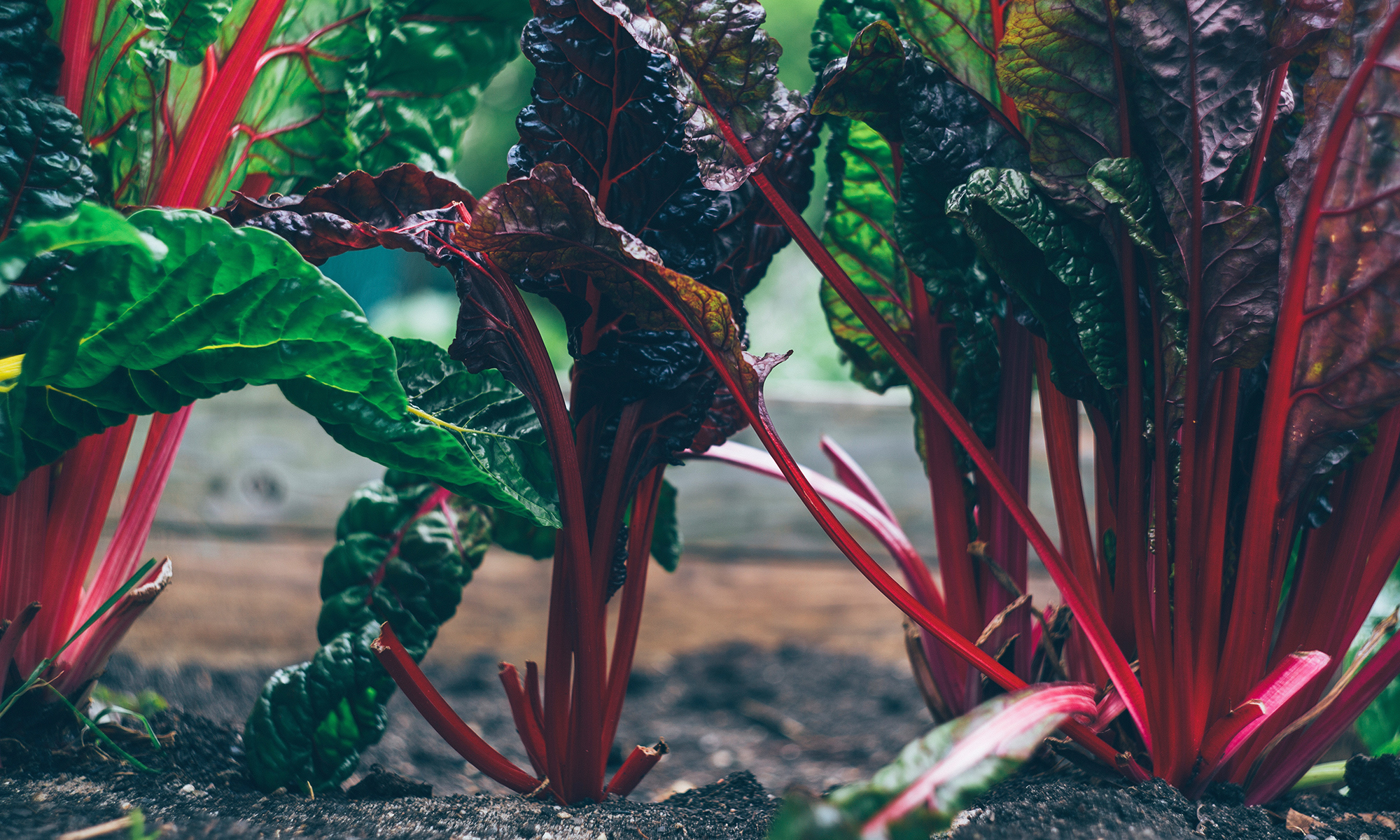Lacinto (or dinosaur) Kale has made an appearance in my garden for the last several years. For the most part it grows very well – providing a consistent bounty of fresh leaves from June through the first snowfall (November). In fact, it does so well, that I have enough for dinner most nights with leftovers to freeze for the winter.
Though it does grow well, I think I can do better. For starters, I’m still trying to figure out a way to mitigate the aphids. They loooove the brassicas…. Up until last year, they were just a nuisance… trying to rid the leaves of the glue-like mites before cooking up the leaves. And I got pretty good at it.
But last year, things got out of control. In addition to covering the kale plants, the Brussels sprouts plants died entirely. I did not harvest a single one. And this, despite repeated sprayings with organic, anti-aphid spray and a introduction of ladybugs, which supposedly feast on the aphids. And I thought I was taking drastic measures!
This year, I’m trying another strategy…planting rows of marigolds around the kale and Brussels sprouts. I’ve been told that marigolds repel insects… we shall see if it works. But at the very least, it adds a new level of beauty to the garden.
Do you have a strategy to protect your garden against insects?
